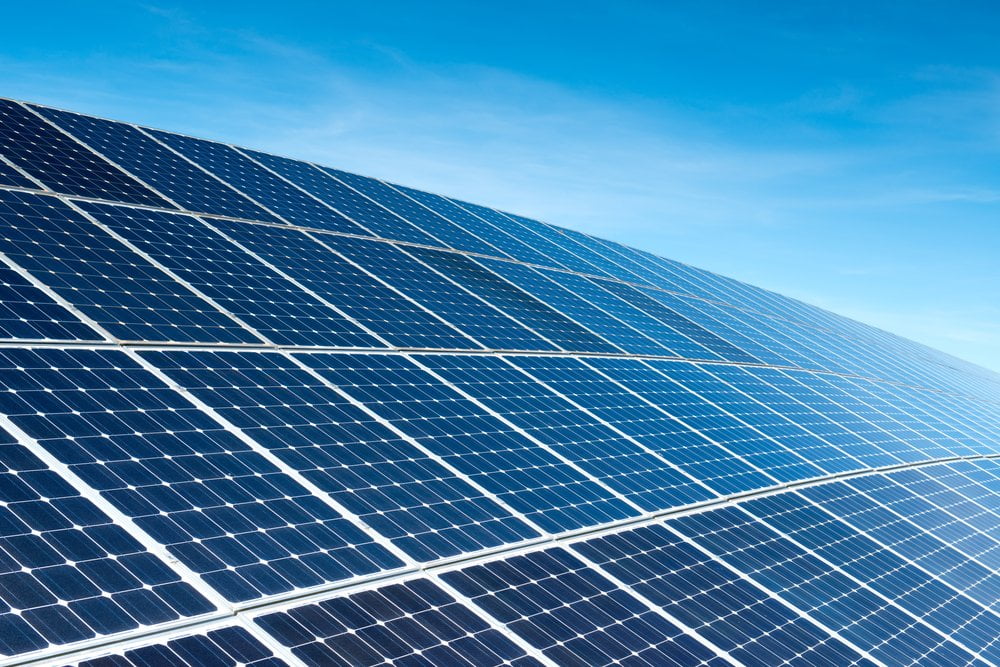
Solar panels are a great way to improve your home’s energy efficiency, and today you can find plenty of sales pitches out there telling you that you can lease solar panels for a lot less than you can buy them. That is true when it comes to up-front costs, but leasing solar panels is not always the best option for everyone. Here are a few things you should know about leasing a solar panel system, especially when it comes to tax incentives.
A residential solar energy system is comprised of solar panels that go on your roof (or in your yard, although this is far less common), the converters that turn it into energy you can use to power your home, and sometimes a battery backup. All these pieces of a solar system cost money, so the more traditional option has been to purchase them. Some homeowners take out home equity loans (HELOC), others may choose another type of financing through a solar installation company. But both can be expensive for some people who want the benefits of energy efficiency but don’t have the financial means to get it using these methods.
Enter the solar lease, or power-purchase agreement (PPA) which allows you to get all the equipment for a solar system without actually purchasing it. You make a monthly lease payment and get the benefits of solar energy, lower power bills, and being environmentally friendly. You also don’t have any up-front or installation costs.
The main difference between the two is who actually owns your solar system. In the first case you own all the parts, in the latter case (PPAs or leases) the third-party solar company owns it and you are allowed to use it to generate power.
If tax incentives are one of the reasons you are considering a solar system, you should know that when you lease a solar system you are not eligible for any local, state or federal tax incentives. The reason is that you don’t own the system, the solar company does, so they are the ones who can claim the tax benefits. That may come as a shock if you were hoping to use solar to reduce your tax liability.
Besides missing out on tax incentives, it’s important to note that since you don’t own the panels or the system, if you sell your home you cannot take it with you. Since solar leases are usually 20 to 25 years in length, your buyers will need to qualify for the lease and take over the payments (assuming they want to do so). If you are not planning to stay in your home for that long, a lease could be a deal-breaker in your future home sale.
Everyone’s solar needs are different, so some may benefit from a solar lease, but for most people purchasing a solar system with financing or a HELOC provides a better ROI in the long run. Talk to Intermountain Wind and Solar today to find out what the right choice is for you.





"All of the photos on this website are of real projects that Intermountain Wind & Solar has designed and installed.
We are proud to show off and stand behind our work."